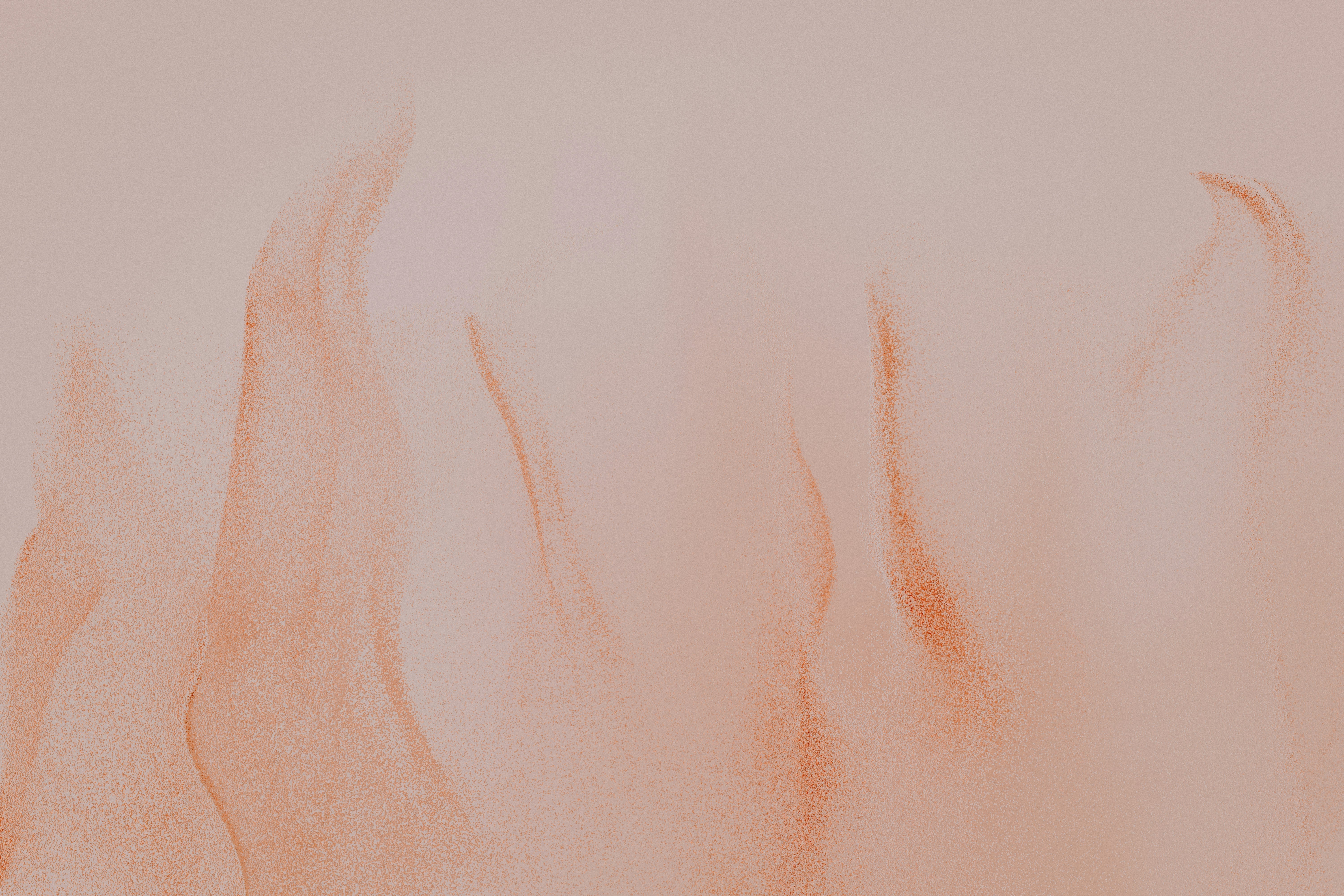with Jes Williams
What is the Stomach Flu?
The stomach flu is commonly referred to as just that, but its medical name is viral gastroenteritis. This illness is an intestinal infection, often caused by norovirus, that can lead to symptoms such as diarrhea, vomiting, and stomach cramps. However, the stomach flu is not related to the influenza virus. (1)
Sleep & Circadian Rhythm for Recovery
When you hear the term “circadian rhythm,” you might think it only refers to sleep. However, optimizing your circadian rhythm has much broader effects on your overall health. Every system in your body is affected by an internal clock in your brain, called the suprachiasmatic nucleus (SCN), which is influenced by light.
Circadian rhythm also refers to the overall light exposure we get, which includes getting enough natural light during the day and darkness at night. Following these natural light cycles helps your body and all its systems work efficiently, including the immune system.
Is this supported by science? Absolutely. Studies show a strong connection between circadian rhythm disruption and a higher risk of gastrointestinal infections. In fact, research suggests that your circadian rhythm can affect both the severity and the duration of the symptoms you experience. (2)
Additionally, the gut, like the rest of the body, has its own internal clock that regulates important functions, such as digestion, immune responses, and the makeup of gut bacteria. Your immune system also follows a circadian rhythm, with immune cell activity and inflammation fluctuating throughout the day. Disruptions to the circadian rhythm can disturb the balance of gut bacteria, making you more vulnerable to viral infections. (2-7)
For norovirus specifically, studies are looking at how the body's response to the infection may follow daily rhythms, which is linked to the development of gastroenteritis. (5)
Sunlight to Fight the Stomach Flu
Your body primarily gets vitamin D from sunlight, specifically from UVB rays that trigger vitamin D production in the skin. Some people may turn to supplements, but research suggests that supplementing with vitamin D alone might not be as effective as getting it from sunlight.
“Oral vitamin D supplementation has not been convincingly shown to prevent conditions related to immune health. Thus, measuring vitamin D levels through blood tests may only be an indirect marker for the benefits of sun exposure.” (34)
Sunlight offers additional immune-boosting benefits beyond vitamin D. (8, 9)
A study from PubMed explains:
“Unlike other essential vitamins, which must be obtained from food, vitamin D is synthesized in the skin when exposed to UVB radiation. This process can be affected by factors such as clothing, excess body fat, sunscreen, and skin pigment.” (10)
Why is this important for a viral infection? Since sunlight helps the body produce vitamin D, and vitamin D plays a key role in immune function, exposure to sunlight becomes essential for fighting infections.
“Vitamin D promotes the production of cathelicidin, a protein that helps fight both bacterial and viral infections.” Interestingly, viral infections tend to be more severe in winter when vitamin D levels are lower (due to less UVB exposure). (11, 12)
Although it may seem surprising, mindful sunbathing can actually play a role in strengthening your immune system. Recent studies highlight the immune-boosting properties of human melanin-producing cells, which can detect and respond to viral and bacterial infections. (13)
Supplements for Recovery
When fighting off a stomach virus, several supplements can support your recovery:
-
Honey & Propolis: Research shows that these can help inhibit human norovirus and have antibacterial effects. (14-16)
-
Vitamin D: As mentioned earlier, the best way to increase your vitamin D levels is through sunlight exposure. However, some may choose to supplement. To learn more, listen to a podcast episode where Dr. John Gildea and Dr. Martin Katz suggest combining vitamin D with vitamins A, K2, and MK7 for better results.
-
Vitamin A: This vitamin helps regulate immune cell responses and influences gut bacteria. (17-20) A rich food source of vitamin A is beef liver, which can also be taken in supplement form.
Answering an FAQ:
Dr. Fuhrman notes that certain ingredients, like copper, beta-carotene, vitamin A, and vitamin E, may have harmful effects in high doses. (21) This may refer to synthetic forms, which are less effective and harder for the body to use compared to whole-food sources. If you're looking to increase vitamin A levels or recover from a stomach virus, consider natural sources like organ meats (e.g., beef liver), eggs, fish, and dairy. (22)
Dr. Jack Kruse explains that vitamin A may become toxic when exposed to high electromagnetic fields (EMF) or artificial blue light, which can cause vitamin A to change into a more harmful form. (23, 24)
For a more detailed look at helpful supplements, check out our full article.
Polyphenols from Mara Labs
Polyphenols, like sulforaphane, quercetin, berberine, curcumin, and EGCG, have been shown in studies to support immune function. You can find these potent plant compounds in our products, such as BrocElite, QuercElite, BerbElite, GLPerfect, and CurcElite. (25-33)
Conclusion
Recovery from a gastrointestinal infection does not have to depend solely on pharmaceutical interventions. A range of natural, evidence-based strategies can support the body's innate healing processes, leading to faster and more effective recovery.
In this guide, we explored the following key approaches:
-
Optimizing circadian rhythms enhances immune function and improves the gut’s resilience against infections. Aligning sleep, light exposure, and daily habits with natural biological cycles can significantly bolster the body's defenses.
-
Strategic sunlight exposure not only elevates serum vitamin D levels but also activates antimicrobial peptides—natural proteins that play a critical role in combating viruses and bacteria.
-
Targeted supplementation with natural agents such as honey, propolis, vitamin D, and vitamin A can aid recovery by modulating immune responses and supporting a healthy gut microbiota.
-
Reducing exposure to artificial blue light and excessive electromagnetic fields helps preserve the integrity and function of essential vitamins, particularly vitamin A, which is crucial for mucosal immunity and tissue repair.
-
Increasing intake of polyphenols—including bioavailable and active forms of sulforaphane, quercetin, berberine, curcumin, and EGCG—provides additional antiviral and anti-inflammatory support, further strengthening immune defenses.
Implementing these strategies not only promotes faster recovery from acute infections but also builds a more resilient immune system and supports long-term gut health.
Additional Resources/Posts from us:
-
https://mara-labs.com/blogs/journal/high-dose-vitamin-d-as-a-treatment-for-autoimmune-diseases
-
https://mara-labs.com/blogs/journal/top-10-immune-boosting-supplements
References:
-
https://www.sciencedirect.com/science/article/abs/pii/S0163445315002017
-
https://academic.oup.com/jid/article-abstract/196/7/978/2192062?redirectedFrom=fulltext
-
https://ods.od.nih.gov/factsheets/VitaminA-HealthProfessional/
-
https://jackkruse.com/quantum-bio-10-hormone-102-drawn-to-light/?print=print







0 Comment